
looking for Best Serum for Pimples and Dark Spots? Dealing with pimples and dark spots on your skin? Don’t worry, we’ve got your back! Finding the perfect serum can be the key to saying goodbye to those pesky skin concerns. These serums are like magic potions, specially formulated to target pimples and fade dark spots, giving you clearer, brighter skin. Let’s dive into the world of skincare serums and uncover the top contenders for achieving your skin goals.
What are Pimples and Dark Spots
Pimples and dark spots are common skin concerns that affect both boys and girls. Pimples, also known as acne, occur when hair follicles become clogged with oil and dead skin cells, leading to inflammation and the formation of red, swollen bumps on the skin. Dark spots, on the other hand, are areas of hyperpigmentation that develop due to an overproduction of melanin, often as a result of inflammation from acne or sun exposure.
These skin issues can impact self-confidence and self-esteem, especially during adolescence when hormonal changes can exacerbate breakouts. Finding effective solutions to address pimples and dark spots is essential for maintaining clear, healthy-looking skin and promoting overall well-being
Dark Spot Serum is a Game Changer
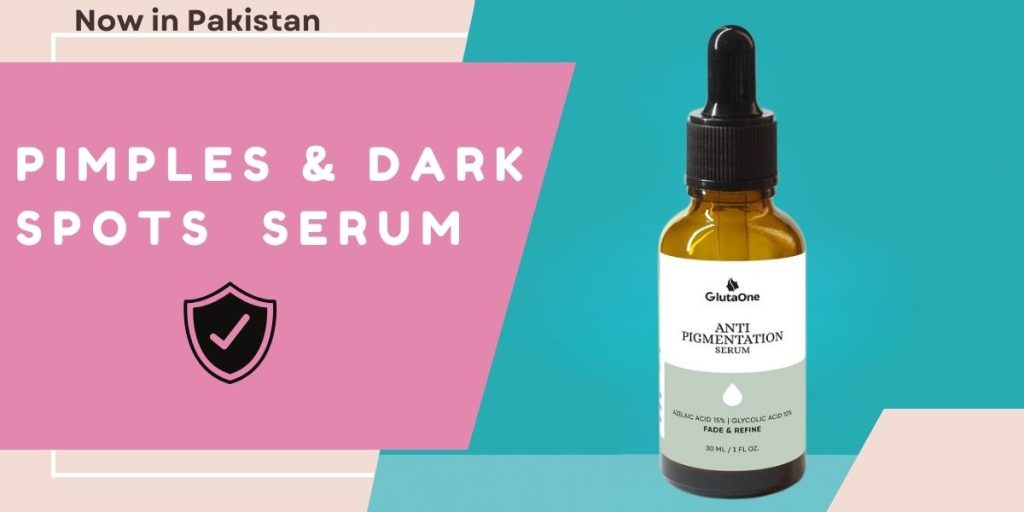
Serums offer targeted skincare solutions that can effectively address common skin issues like pimples and dark spots. Unlike traditional moisturizers or cleansers, serums are lightweight formulations with high concentrations of active ingredients. This means they can penetrate deeper into the skin, delivering potent ingredients directly to the source of the problem.
For pimples, serums may contain ingredients like salicylic acid to unclog pores and reduce inflammation, while for dark spots, serums often feature ingredients such as vitamin C or niacinamide to brighten the skin and fade hyperpigmentation. By incorporating serums into your skincare routine, you can provide your skin with the specific treatment it needs to combat these concerns effectively.
What Are Serums For Face
Serums are specialized skincare products designed to deliver high concentrations of active ingredients to the skin in a lightweight, fast-absorbing formula. Unlike traditional moisturizers or creams, serums are formulated with smaller molecules, allowing them to penetrate deeper into the skin. This enables serums to target specific skincare concerns with precision, whether it’s combating pimples, fading dark spots, hydrating the skin, or addressing signs of aging.
Due to their potent formulations, serums typically contain a higher concentration of active ingredients such as vitamins, antioxidants, hyaluronic acid, or peptides. Their lightweight texture makes them suitable for layering with other skincare products and allows for easy absorption without leaving a greasy or heavy residue on the skin. Overall, serums are prized for their ability to deliver visible results and effectively address a wide range of skincare concerns.
Why Serums Can Work Better
Serums are formulated with smaller molecules compared to other skincare products like moisturizers or creams. This smaller molecular size allows serums to penetrate deeper into the skin, reaching the dermis where many skin issues originate. Because of this deeper penetration, serums can deliver potent concentrations of active ingredients directly to the target area, whether it’s combating pimples, fading dark spots, or addressing signs of aging.
Encapsulation Technology For Pimples
Moreover, serums are typically water-based or have a lightweight consistency, which allows them to be easily absorbed by the skin without leaving a greasy or heavy residue. This means that the active ingredients in serums can get to work quickly and efficiently, providing targeted treatment for specific skin concerns.
Additionally, serums are often formulated with specialized delivery systems or encapsulation technologies that help to enhance the penetration of active ingredients into the skin. These delivery systems can help to protect the active ingredients from degradation and ensure that they reach their intended target within the skin, maximizing their effectiveness.
Overall, the ability of serums to penetrate deeper into the skin and deliver potent concentrations of active ingredients makes them highly effective for targeting specific skin concerns and achieving visible results.
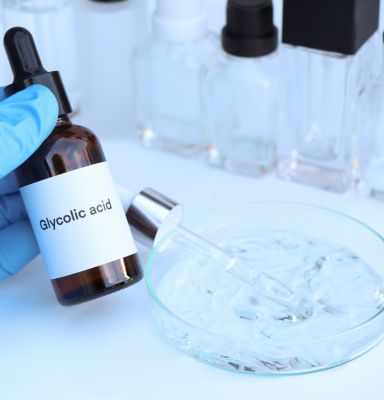
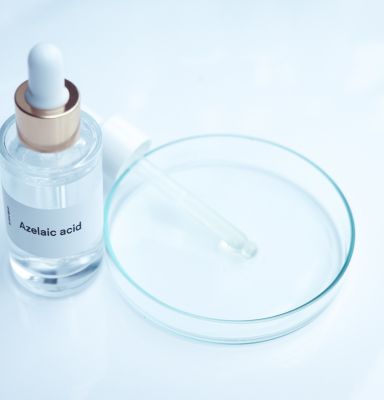
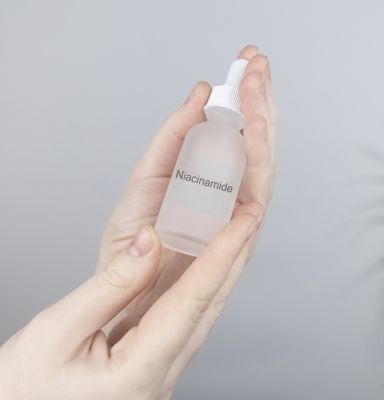
Top Picks For Best Serums for Pimples and Dark Spots
How to Incorporate Serums into Your Skincare Routine
Here’s a step-by-step guide on how to use serums effectively in your skincare regimen
- Start with Cleansed Skin: Begin your skincare routine by thoroughly cleansing your face to remove any dirt, oil, and impurities. Use a gentle cleanser suitable for your skin type and pat your skin dry with a clean towel.
- Apply Toner (Optional): If you use a toner in your skincare routine, apply it after cleansing and before applying the serum. Toners help to balance the skin’s pH levels and prepare the skin to better absorb subsequent skincare products.
- Dispense a Pea-Sized Amount of Serum: Take a small amount of serum onto your fingertips. A pea-sized amount is usually sufficient to cover the entire face. If you’re using multiple serums, apply them in order of thinnest to thickest consistency.
- Gently Massage into Skin: Using your fingertips, gently massage the serum into your skin using upward and outward motions. Focus on areas where you have specific concerns, such as pimples or dark spots, but be sure to cover the entire face for overall benefits.
- Allow Serum to Absorb: Give the serum a few moments to absorb into your skin before applying any additional skincare products. This allows the active ingredients to penetrate deeper into the skin and work their magic.
- Follow with Moisturizer: Once the serum has absorbed, follow up with a moisturizer to lock in hydration and seal in the serum’s benefits. Choose a moisturizer appropriate for your skin type and apply it evenly over the face and neck.
- Apply Sunscreen (Morning Routine): If you’re applying serums in the morning, it’s essential to finish your skincare routine with sunscreen. Sunscreen helps protect your skin from harmful UV rays and prevents further damage, especially when using serums containing ingredients like vitamin C or retinol.
Tips for Effective Serum Use
- Frequency: Depending on the serum and your skin’s tolerance, you may use it once or twice daily. Start with once daily to assess how your skin reacts, then gradually increase frequency if needed.
- Patch Test: Before incorporating a new serum into your routine, perform a patch test on a small area of your skin to check for any adverse reactions or sensitivities.
- Layering Order: Apply serums after cleansing and toning (if using), but before moisturizer and sunscreen. This allows the skin brightening serum to penetrate into the skin effectively without any barriers.
- Consistency is Key: For best results, use serums consistently as part of your daily skincare routine. Over time, you’ll likely start to see improvements in your skin’s texture, tone, and overall appearance.
By following these steps and tips, you can effectively incorporate serums into your skincare regimen and reap their benefits for clearer, healthier-looking skin.
Conclusion
In conclusion, serums are invaluable tools for addressing common skincare concerns like pimples and dark spots also known as face pigmentation. Their lightweight formulations and high concentrations of active ingredients make them highly effective in targeting these specific issues and promoting clearer, brighter skin. By incorporating serums into your skincare routine, you can provide your skin with the targeted treatment it needs to combat pimples, fade dark spots and face pigmentation and achieve a more radiant complexion.
I encourage readers to explore the wide range of serums available on the market and find the right one for their unique skin type and concerns. Whether you’re dealing with occasional breakouts, stubborn dark spots, or a combination of both, there’s a serum out there tailored to your needs. Remember to patch test new products, introduce them gradually into your routine, and be patient—consistency is key when it comes to seeing results in skincare. With the right serum and a dedicated skincare regimen, you can unlock the potential for clearer, brighter, and healthier-looking skin.

Nadia is a creative and driven individual with a passion for writing and a talent for product development. Born and raised in Pakistan, Nadia always had a flair for creative expression and was drawn to the world of content creation from a young age.
After completing her education in journalism and creative writing, Nadia embarked on a career as a content creator, working for several prominent publications and digital media companies in Pakistan. Her work quickly gained recognition for its innovative approach and compelling storytelling, and she soon became known as one of the most talented and influential writers in the industry.
In her role at gluta.pk, Nadia is responsible for creating engaging and informative content that helps customers learn about the company’s products and make informed purchasing decisions. She also works closely with the product development team to develop and launch new products that meet the needs and preferences of gluta.pk’s customers.
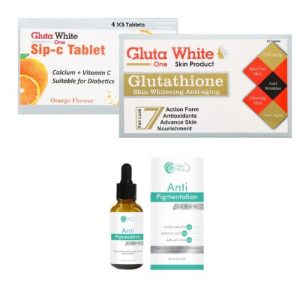
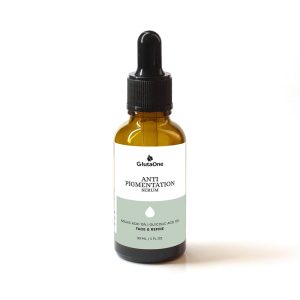
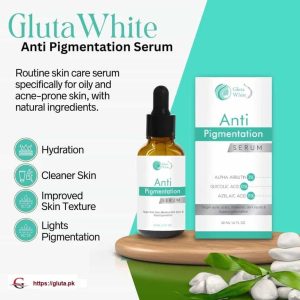

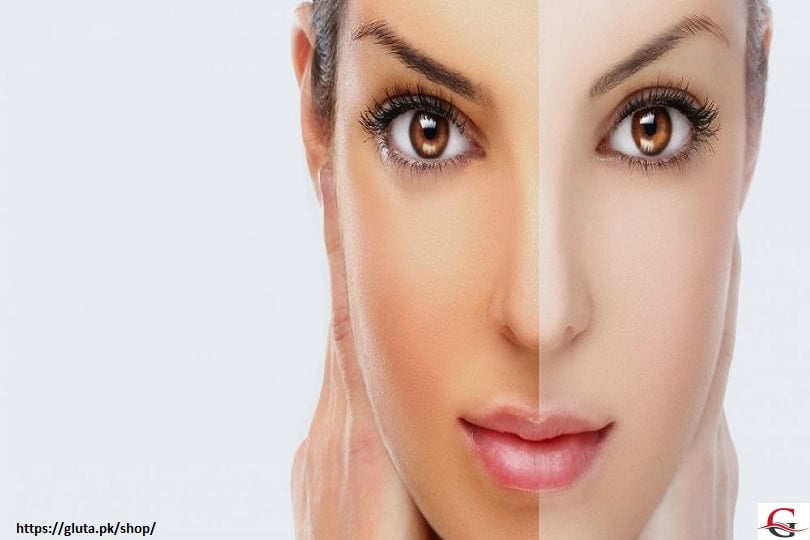
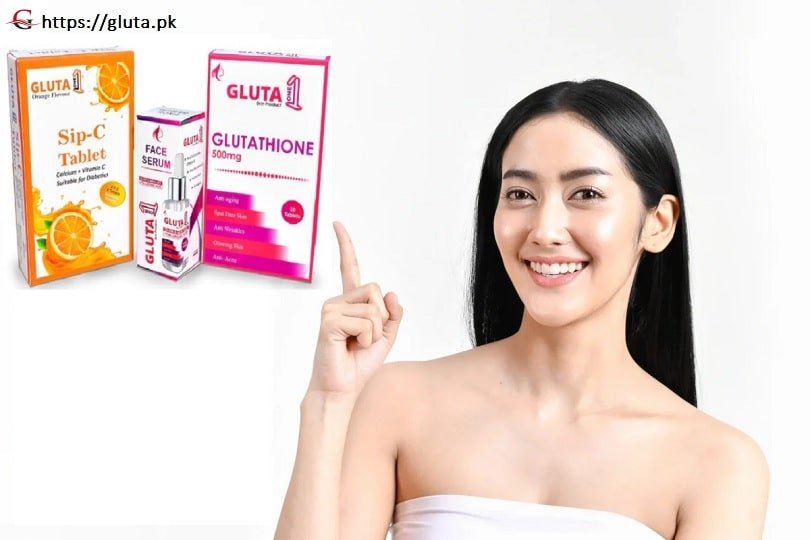
Pimples are bad, information is great